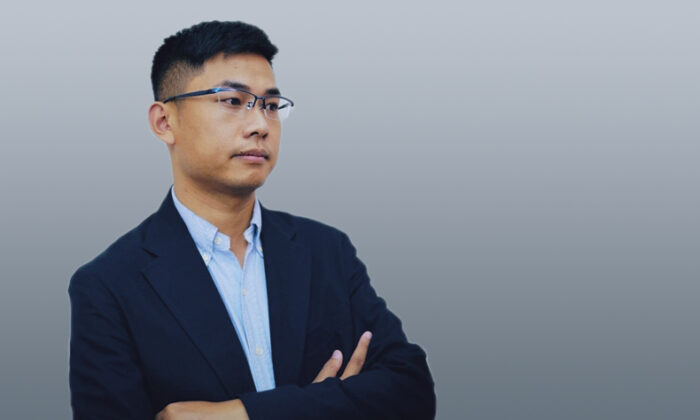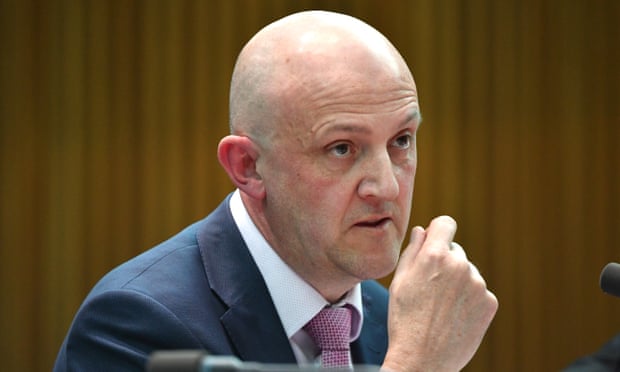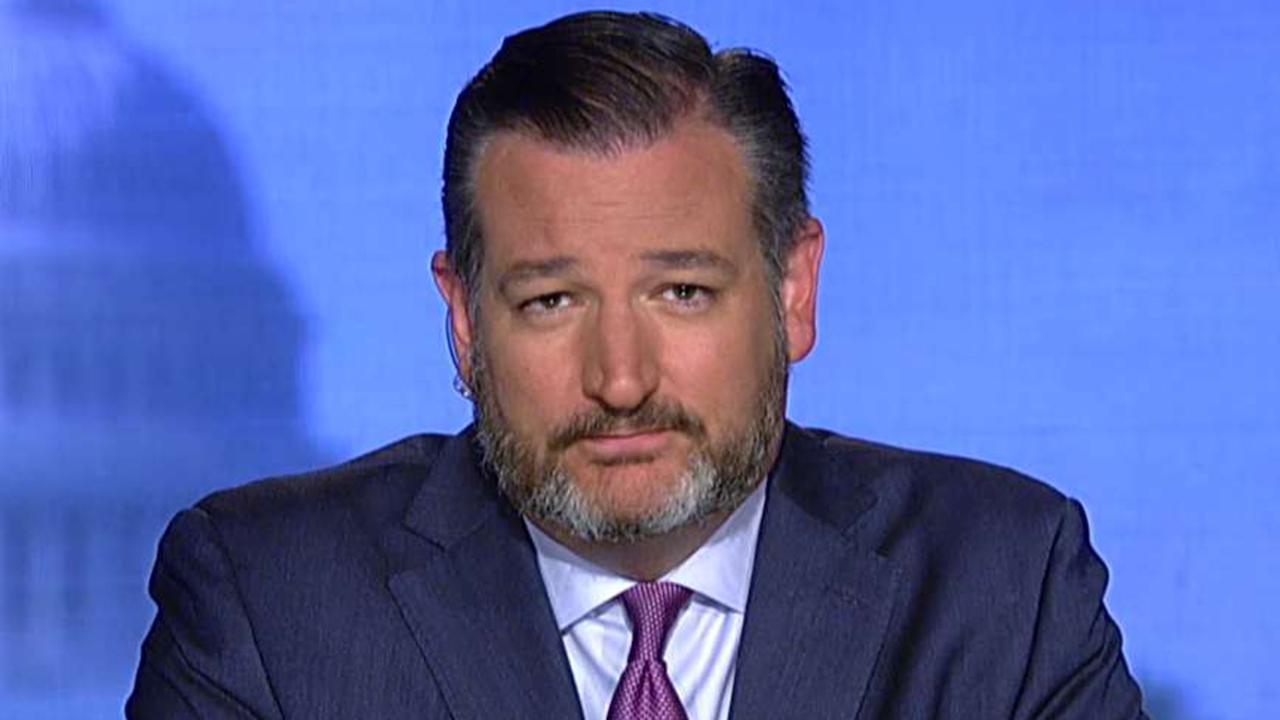By Natasha Kassam

President Tsai Ing-wen of Taiwan and her running mate, William Lai Ching-te, campaigning in Taipei on Nov. 17. Ms. Tsai has vehemently denounced interference from Beijing.
“Not a chance,” the president’s tweet said, in Chinese characters.
That was the message from Tsai Ing-wen, the leader of Taiwan, on Nov. 5, after the Chinese government announced a string of initiatives to lure Taiwanese companies and residents to the mainland.
“Beijing’s new 26 measures are part of a greater effort to force a ‘one country, two systems’ model on #Taiwan,” Ms. Tsai’s tweet said, referring to the principle according to which Hong Kong — another territory Beijing eventually hopes to fully control — is supposed to be governed for now and its semiautonomy from Beijing guaranteed.
“Beijing’s new 26 measures are part of a greater effort to force a ‘one country, two systems’ model on #Taiwan,” Ms. Tsai’s tweet said, referring to the principle according to which Hong Kong — another territory Beijing eventually hopes to fully control — is supposed to be governed for now and its semiautonomy from Beijing guaranteed.
“I want to be very clear: China’s attempts to influence our elections & push us to accept ‘one country, two systems’ will never succeed.”
The protesters who have mobilized in Hong Kong for months say, in effect, that the principle is a lie.
In Taiwan, the Chinese government’s objective has long been what it calls “peaceful reunification” — “reunification” even though Taiwan has never been under the jurisdiction or control of the People’s Republic of China or the Chinese Communist Party.
In Taiwan, the Chinese government’s objective has long been what it calls “peaceful reunification” — “reunification” even though Taiwan has never been under the jurisdiction or control of the People’s Republic of China or the Chinese Communist Party.
To achieve that goal, Beijing has for years tried to simultaneously coax and coerce Taiwan’s adhesion with both the promise of economic benefits and military threats.
Early this year, Xi Jinping reiterated that “complete reunification” was a “historic task.”
“We make no promise to renounce the use of force and reserve the option of taking all necessary means,” he added.
Taiwan is gearing up for a presidential election in January.
Taiwan is gearing up for a presidential election in January.
On Nov. 17, Ms. Tsai announced that the pro-independence William Lai Ching-te, a former prime minister, would be her running mate.
On the same day, China sent an aircraft carrier through the Taiwan Strait. (In July, China had released its defense white paper, and it stated, “By sailing ships and flying aircraft around Taiwan, the armed forces send a stern warning to the ‘Taiwan independence’ separatist forces.”)
Joseph Wu, Taiwan’s foreign minister, reacted by tweeting: “#PRC intends to intervene in #Taiwan’s elections. Voters won’t be intimidated! They’ll say NO to #China at the ballot box.”
The Chinese government also seems to suspect as much: Even as it holds fast to its usual (ineffectual) strong-arm tactics, it is employing new measures as well.
The Chinese government also seems to suspect as much: Even as it holds fast to its usual (ineffectual) strong-arm tactics, it is employing new measures as well.
It no longer is simply supporting candidates from the Kuomintang, a party that now favors closer ties with Beijing.
It is also trying to undermine Taiwan’s democratic process itself and sow social divisions on the island.
It seems clear by now that even Beijing-friendly candidates cannot deliver Taiwan to China.
It seems clear by now that even Beijing-friendly candidates cannot deliver Taiwan to China.
Only about one in 10 Taiwanese people support unification with China, whether sooner or later, according to a survey by the Election Study Center of National Chengchi University in October. Given public opinion, presidential candidates are likely to hurt their chances if they are perceived as being too close to the Chinese government.
Beijing, by flexing its muscle, seems to have succeeded only in pushing the Taiwanese away.
Beijing, by flexing its muscle, seems to have succeeded only in pushing the Taiwanese away.
A series of missile tests by the People’s Liberation Army in the lead-up to Taiwan’s March 1996 presidential election was designed to intimidate voters and turn them away from re-electing the nationalist Lee Teng-hui.
One of his opponents, Chen Li-an, warned, “If you vote for Lee Teng-hui, you are choosing war.”
Mr. Lee won comfortably over three other candidates, with 54 percent of the popular vote.
The Chinese authorities also seemed to think that increasing economic interdependence across the Taiwan Strait would be a pathway to unification.
The Chinese authorities also seemed to think that increasing economic interdependence across the Taiwan Strait would be a pathway to unification.
At some point, the theory went, it would be too costly for Taiwan to unravel economic links.
And yet.
And yet.
Trade between China and Taiwan exceeded $181 billion in 2017, up from about $35.5 billion in 1999.
But even as the two economies grew closer, the number of people who identified as Taiwanese increased: from more than 48 percent to about 60 percent between 2008 and late 2015, during the presidency of Ma Ying-jeou, of the Kuomintang.
The Sunflower Movement of 2014, a series of protests led by a coalition of students and civil-society activists, marked the rejection of close relations with China by Taiwan’s younger generations. So did the election of the pro-sovereignty Ms. Tsai in 2016.
Ms. Tsai’s popularity then slid — mostly because she couldn’t sell significant reforms on pensions and same-sex marriage or make progress on stagnant wage growth and pollution control.
The Sunflower Movement of 2014, a series of protests led by a coalition of students and civil-society activists, marked the rejection of close relations with China by Taiwan’s younger generations. So did the election of the pro-sovereignty Ms. Tsai in 2016.
Ms. Tsai’s popularity then slid — mostly because she couldn’t sell significant reforms on pensions and same-sex marriage or make progress on stagnant wage growth and pollution control.
By the time local elections were held in late 2018, her chances at a second presidential term seemed to be next to nil.
But now she leads opinion polls.
For her renewed popularity, she can thank, in part, the monthslong protests in Hong Kong.
For her renewed popularity, she can thank, in part, the monthslong protests in Hong Kong.
Beijing designed the “one country, two systems” model in place in the city also with Taiwan in mind. The idea, long unpopular with many Taiwanese people, seems less credible than ever.
China casts a wide net, and it will persist in pulling its military and economic levers.
China casts a wide net, and it will persist in pulling its military and economic levers.
No doubt, too, it will continue to manipulate news coverage to try to buoy Beijing-friendly candidates in the upcoming election.
But now it is also launching a disinformation campaign to sap Taiwanese’s trust in their institutions and sow discontent among them.
Late last month, Ms. Tsai accused China of “producing fake news and disseminating rumors to deceive and mislead Taiwanese” in hopes of “destroying our democracy.”
Late last month, Ms. Tsai accused China of “producing fake news and disseminating rumors to deceive and mislead Taiwanese” in hopes of “destroying our democracy.”
Ms. Tsai herself has struggled to shake off the accusation that she did not earn a doctorate from the London School of Economics, even though the university has confirmed that she was “correctly awarded a Ph.D. in law in 1984.”
Chinese officials have privately admitted that Russia’s tampering with the United States’ presidential election in 2016 caused them to reconsider ways of meddling with Taiwan’s.
China has also made no secret of its intention to exacerbate social rifts in Taiwan.
China has also made no secret of its intention to exacerbate social rifts in Taiwan.
An editorial from April in The Global Times, a Chinese state-owned tabloid, stated: “We don’t need a real war to resolve the Taiwan question. The mainland can adopt various measures to make Taiwan ruled by the Democratic Progressive Party (DPP) turn into a Lebanon situation which ‘Taiwan independence’ forces cannot afford.”
Meaning: The Chinese government believes it can pit various ethnic, political and social groups in Taiwan against one another.
China can also be expected to exploit the soft underbelly of Taiwanese politics: patronage networks. Those are less important today than during Taiwan’s authoritarian days, but they continue to allow community leaders, farmers’ associations and even organized-crime figures to buy votes.
Social media platforms are another key battleground: Nearly 90 percent of Taiwan’s population is active on them, and traditional news outlets have been known to republish fake posts without fact-checking.
China can also be expected to exploit the soft underbelly of Taiwanese politics: patronage networks. Those are less important today than during Taiwan’s authoritarian days, but they continue to allow community leaders, farmers’ associations and even organized-crime figures to buy votes.
Social media platforms are another key battleground: Nearly 90 percent of Taiwan’s population is active on them, and traditional news outlets have been known to republish fake posts without fact-checking.
According to Reuters, Chinese government agencies paid Taiwanese news outlets to publish pro-Beijing content.
By some accounts, a disinformation campaign conducted by a professional cybergroup from China, which was traced back to the publicity department of the Chinese Communist Party, helped the pro-China Han Kuo-yu get elected mayor of the southern city of Kaohsiung: One (false) story claimed that during a debate, Mr. Han’s opponent wore an earpiece feeding him talking points.
By some accounts, a disinformation campaign conducted by a professional cybergroup from China, which was traced back to the publicity department of the Chinese Communist Party, helped the pro-China Han Kuo-yu get elected mayor of the southern city of Kaohsiung: One (false) story claimed that during a debate, Mr. Han’s opponent wore an earpiece feeding him talking points.
China is trying to erode Taiwan’s body politic from within.
But Taiwan is pushing back.
But Taiwan is pushing back.
Legislators have recently accelerated efforts to pass a law against foreign infiltration and political interference before the election.
An adviser to a presidential candidate told me this summer in Taipei, “The question for voters this election is: Do you want a quick death or a slow one?”
Is it, though?
Despite Beijing’s efforts at sabotage, Taiwan’s democracy is proving well and truly alive.







